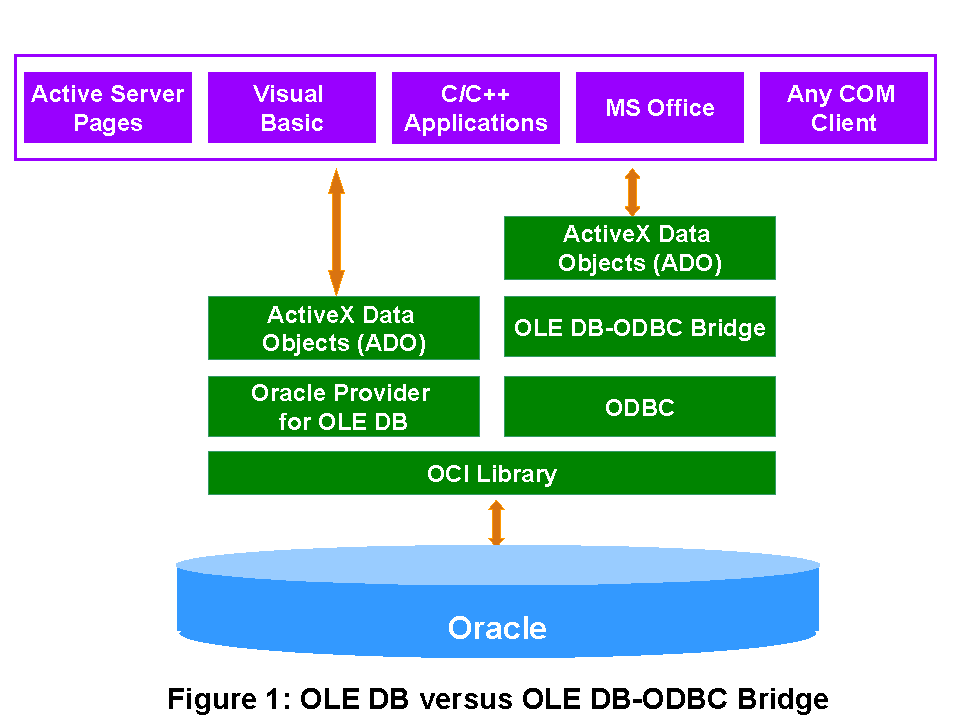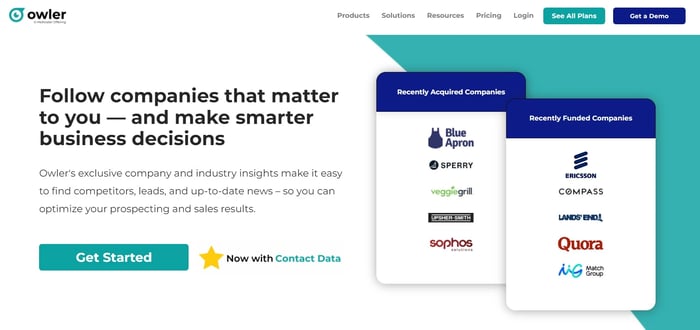Secret Attributes to Try To Find When Picking a Database Service Provider
Choosing a database copyright is a crucial decision that can considerably affect your organization's operations and information monitoring approach. Amongst the crucial features to consider are scalability alternatives, which ensure that your system can adjust to expanding needs.
Scalability Options
When picking a data source supplier, recognizing scalability choices is vital to making certain that the selected option can fit future growth. Scalability refers to the ability of a data source system to increase its capability and performance in response to increased demand. There are two primary types of scalability: horizontal and upright.
Upright scalability, or "scaling up," includes improving a single web server's sources, such as CPU, RAM, or storage. This approach can be economical and simple for smaller applications yet might reach a restriction where additionally upgrades are as well expensive or not practical.
Horizontal scalability, or "scaling out," involves including more web servers to distribute the load. This technique allows for better versatility and can accommodate substantial boosts in information volume and customer web traffic (database provider). It is particularly helpful for cloud-based database remedies that can dynamically designate resources based upon demand

Safety Steps

When assessing safety and security steps, consider the implementation of encryption protocols (database provider). Data-at-rest and data-in-transit security are vital to make certain that delicate info remains protected, also in the occasion of a safety and security breach. Additionally, seek carriers that use strong authentication devices, such as multi-factor authentication (MFA), to even more boost gain access to control
Routine security audits and conformity with industry standards, such as GDPR or HIPAA, are a measure of a company's commitment to information protection. Furthermore, ask about their case action plan; a durable plan can decrease the effect of any kind of prospective security occurrence.
Performance Metrics
Examining performance metrics is necessary for organizations to make certain that their chosen database service provider satisfies functional needs. Secret performance metrics consist of response time, scalability, and throughput, which jointly determine the effectiveness of data source operations under varying lots.
Response time is important, as it mirrors how swiftly the data source can process inquiries and return outcomes. Organizations should seek metrics that indicate typical feedback times during top and off-peak hours. Throughput, usually measured in deals per 2nd (TPS), provides insight into the data source's capacity to handle high volumes of requests without performance deterioration.
Scalability analyzes the data source's capacity to grow with the organization's requirements. A durable data source provider should demonstrate vertical and horizontal scaling abilities, permitting smooth modifications as needs change. In addition, recognizing latency, specifically in dispersed systems, can aid companies review the responsiveness of the data source throughout various geographical places.
Client Assistance
Trusted consumer support is a foundation of effective data source monitoring, offering organizations with the assistance required to solve problems and enhance performance. When selecting a data source company, assessing the level of consumer support they supply is crucial. A durable support group should consist of multiple networks of communication, such as phone, e-mail, and live chat, ensuring that customers can access assistance whenever they require it.
Furthermore, responsive assistance teams that are readily available 24/7 significantly enhance the dependability of the database service. Motivate action times and efficient resolution of issues can substantially reduce downtime and increase overall performance. It is also beneficial to think about the schedule of committed support employees, who can use tailored support based upon an organization's certain needs.

Rates Structure
When taking into consideration a database provider, the prices framework is a critical factor that can substantially impact a company's budget and general strategy. A clear and flexible pricing design is essential for lining up the data source costs with business requirements - database provider. Organizations needs to assess whether the rates is based upon usage, per customer, or a level rate, as each design can generate different monetary effects over time
It is very important to assess any additional prices associated with useful content the company's solutions, such as information storage charges, deal prices, and support charges. Some companies might offer tiered prices, allowing scalability as the company expands, while others might enforce rigorous limits that can end up being expensive as information needs raise.
Moreover, companies should consider the long-lasting value of the database option. While reduced first rates can be enticing, they might not make up future upgrades, upkeep costs, or assimilation prices. Performing a comprehensive cost-benefit analysis will help identify the most suitable rates framework that stabilizes efficiency, scalability, and support, ultimately ensuring that the picked data click now source supplier lines up with the organization's functional and monetary goals.
Conclusion
In conclusion, choosing a data source company necessitates careful factor to consider of different critical functions. Evaluating performance metrics makes it possible for the identification of effective data sources, and available client assistance enhances the general customer experience.
Selecting a database copyright is a critical choice that can considerably influence your company's information and operations management technique.When choosing a database supplier, comprehending scalability choices is vital to making sure that the picked option can suit future growth. When picking a database copyright, reviewing the level of consumer assistance they offer is crucial.When thinking about a data source provider, the pricing framework is a crucial factor that can significantly influence a company's budget plan and overall approach. Performing a detailed cost-benefit analysis will certainly aid determine the most suitable prices framework that balances assistance, scalability, and efficiency, inevitably making sure that the chosen database company lines up with the company's functional and financial objectives.